During Wolrd War I, Győr sustained extensive damage from the Romanian conquest as well as the Spanish Influenza, which caused the deaths of tens of millions of people around the world. At this time, 5,900 Jews lived in Győr – about one-eighth of the total population of the city. The Jews were divided into two communities: the larger Neolog community, and alongside it the smaller Orthodox community. During the war, the activities of the Women's Association, established in 1860, grew. The association provided clothing to students at the Jewish school, aided poor brides wishing to marry, organized soup kitchens for impoverished students and more, with the aid of many charitable funds.
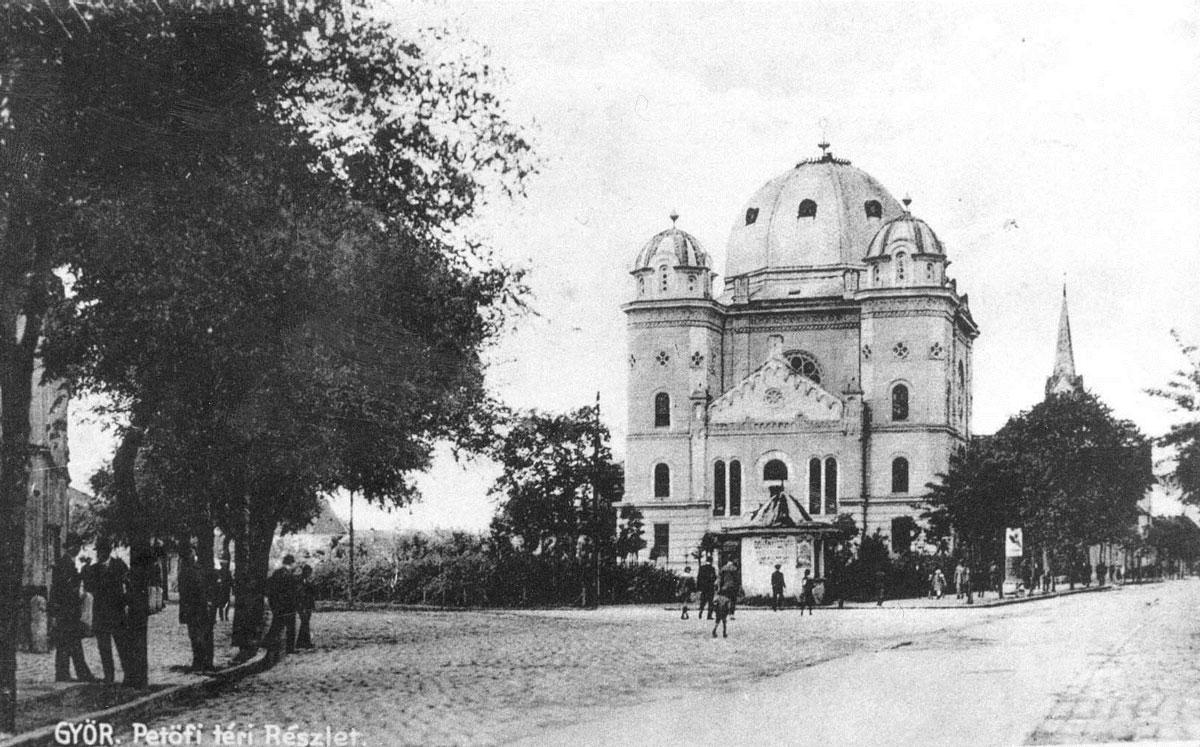
Yad Vashem Photo Archives, 2892/14

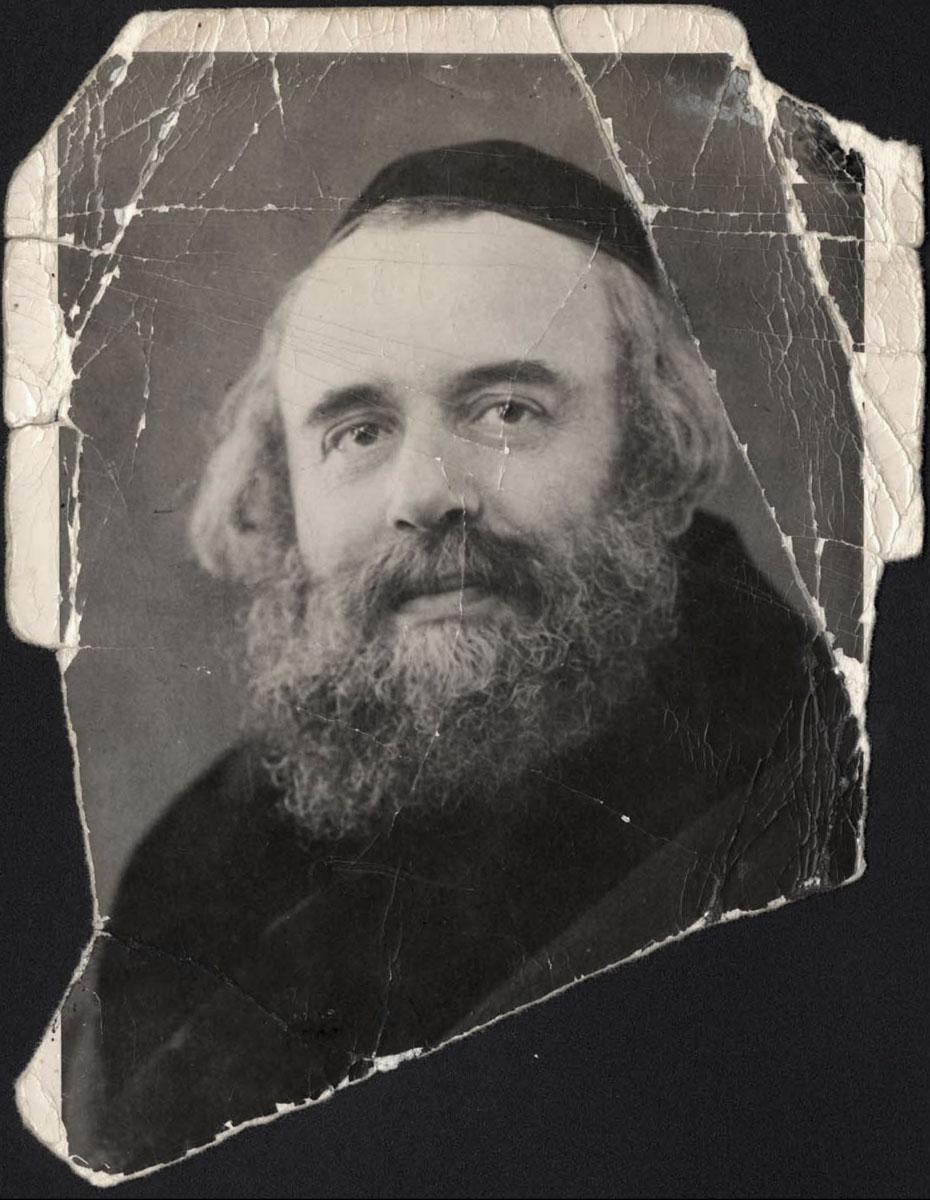
Snyders died in a cattle-car on the way to Auschwitz in 1944.
Yad Vashem Photo Archives, 4710/122

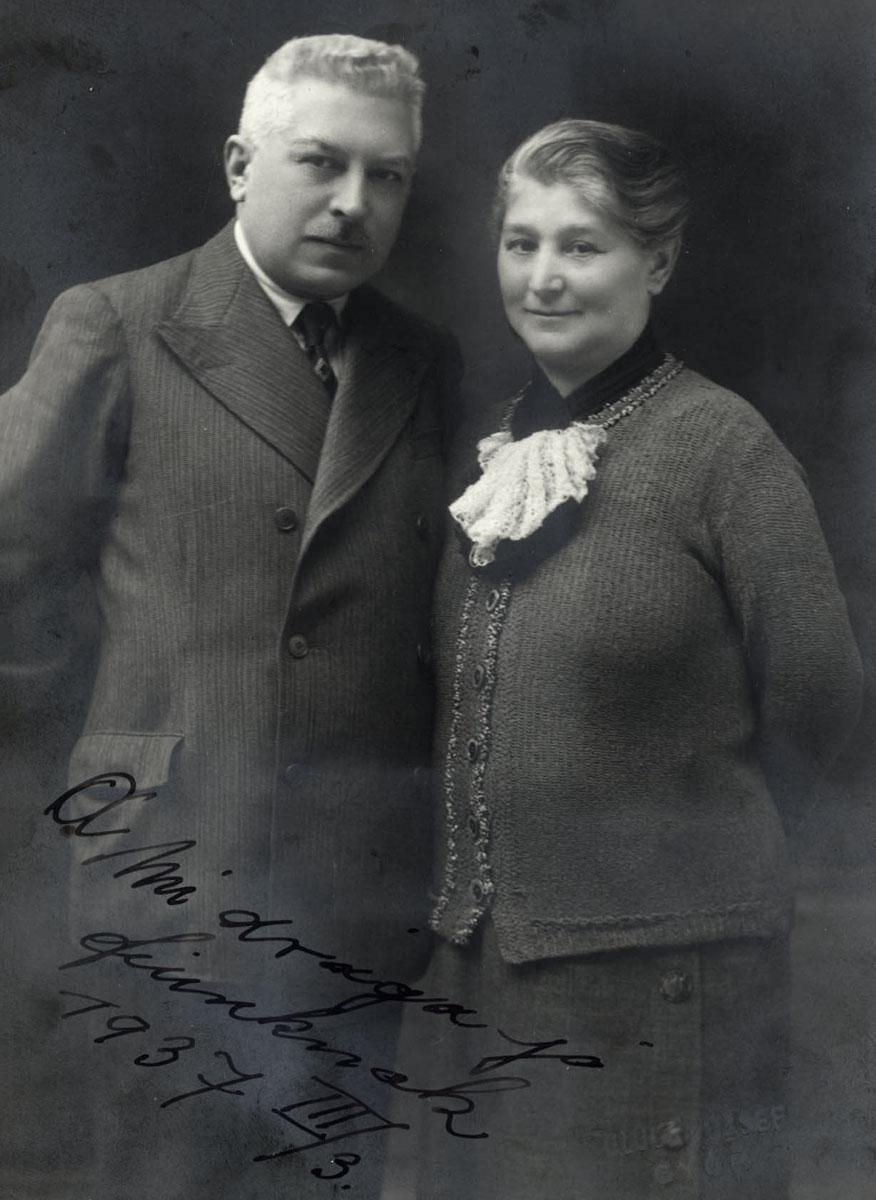
Jozsef and Janka were murdered in Auschwitz.
Yad Vashem Photo Archives, 2_8306

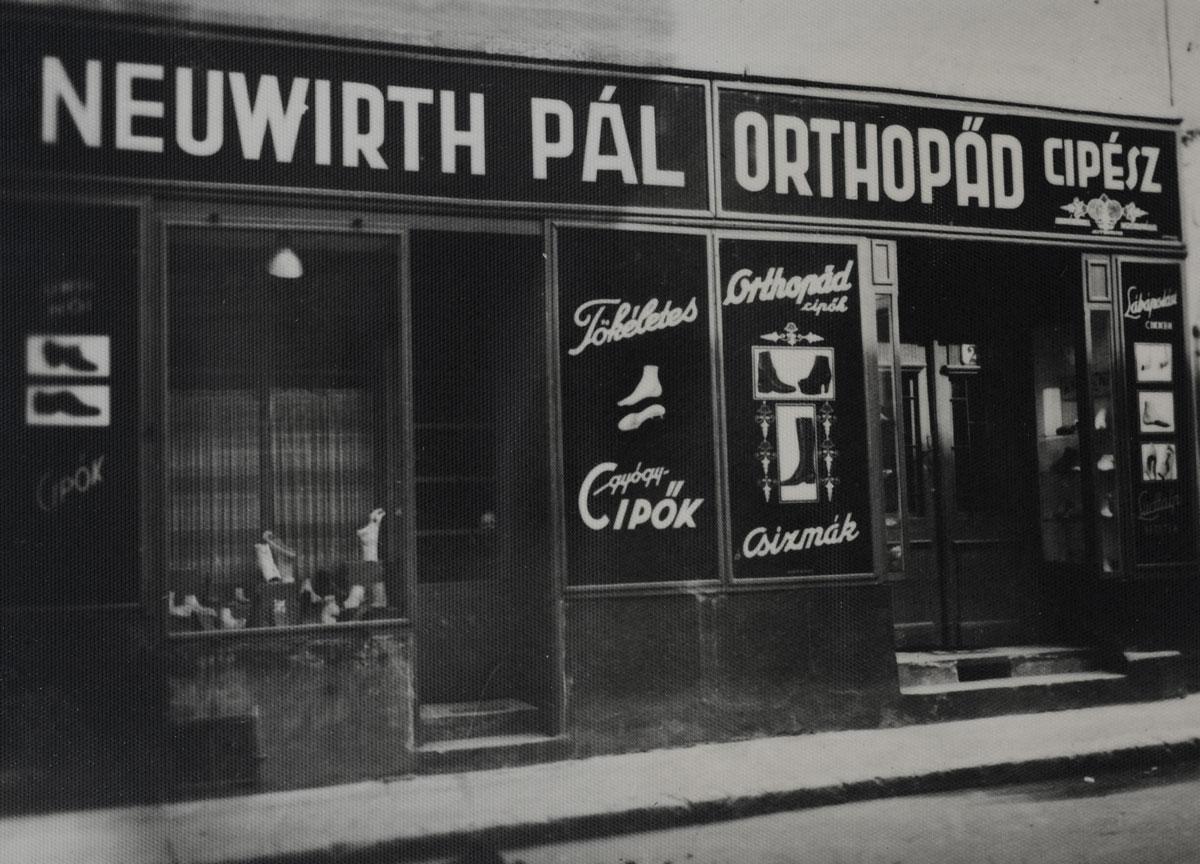
This photograph was submitted to Yad Vashem by Chaim Zvi Neuwirth, born in 1924 in Győr, Hungary, to Paul Pesach Neuwirth and Sheindel Sara née Eherenthal. Zvi's father was a shoemaker who owned a store selling orthopedic shoes. Zvi had six brothers and sisters: Shlomo, Yehudit, Shoshana, Elizabeth, Marta and Margot. Zvi and Shlomo were recruited to forced labor battalions in 1942, and were liberated in Graz, Austria. Shoshana, Yehudit and Elizabeth were deported to Auschwitz. Shoshana survived and was liberated at a factory in Moravia, where she had been sent for forced labor. Yehudit and Elizabeth were murdered. Zvi's parents were deported to Auschwitz together with their two youngest daughters, Marta and Margot, and all four were murdered. After returning to the family home in Győr, Zvi and Shlomo were reunited with Shoshana.
Yad Vashem Photo Archives, 14265/26

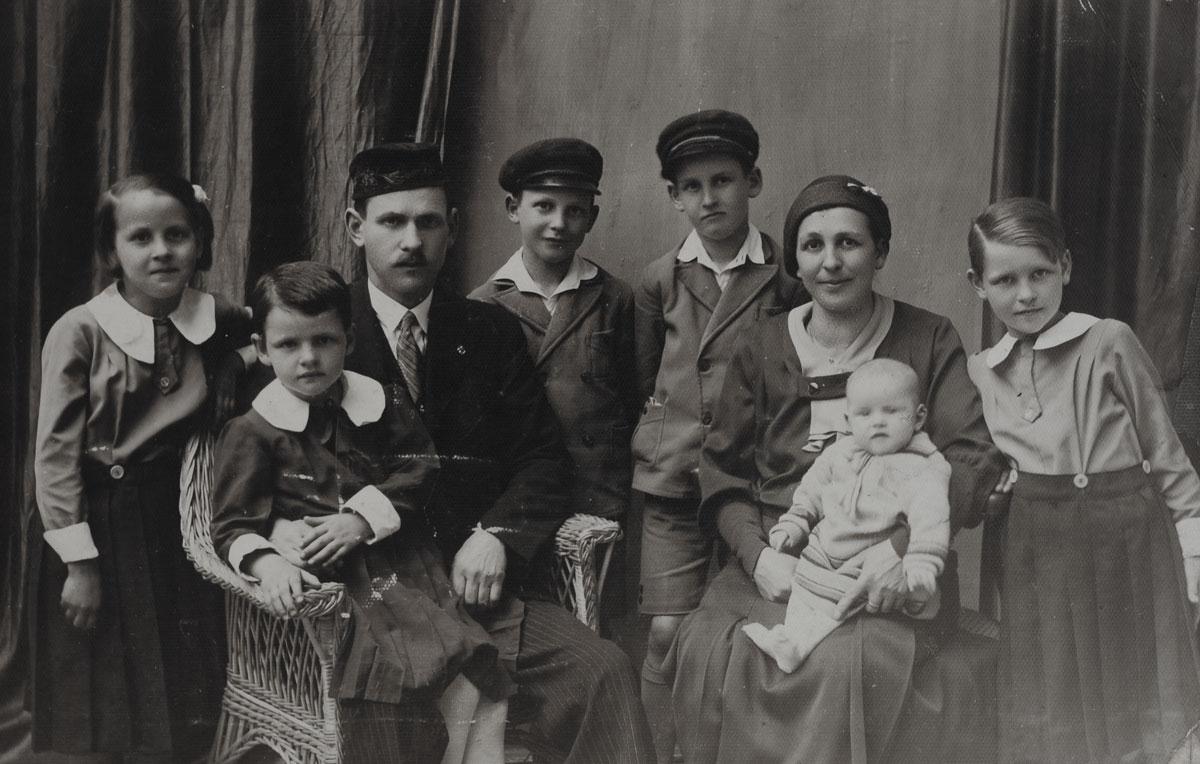
This family photograph was submitted to Yad Vashem by Chaim Zvi Neuwirth, born in 1924 in Győr, Hungary, to Paul Pesach Neuwirth and Sheindel Sara née Eherenthal. Zvi's father was a shoemaker who owned a store selling orthopedic shoes. Zvi had six brothers and sisters: Shlomo, Yehudit, Shoshana, Elizabeth, Marta and Margot. Zvi and Shlomo were recruited to forced labor battalions in 1942, and were liberated in Graz, Austria. Shoshana, Yehudit and Elizabeth were deported to Auschwitz. Shoshana survived and was liberated at a factory in Moravia, where she had been sent for forced labor. Yehudit and Elizabeth were murdered. Zvi's parents were deported to Auschwitz together with their two youngest daughters, Marta and Margot, and all four were murdered. After returning to the family home in Győr, Zvi and Shlomo were reunited with Shoshana.
From right: Shoshana, Sara with Martha, Shlomo, Zvi, Paul Pesach with Elizabeth, Yehudit
Yad Vashem Photo Archives, 14265/13









